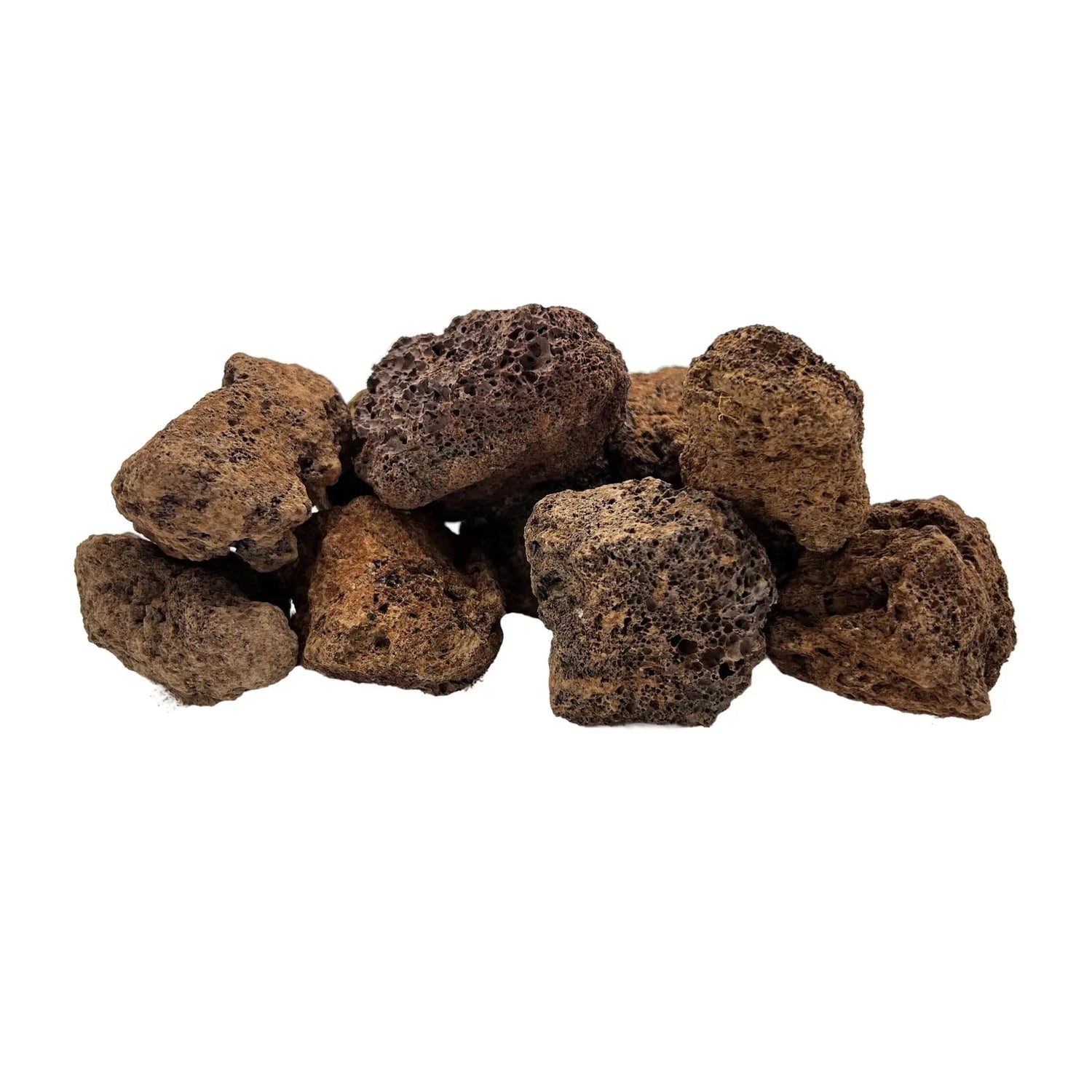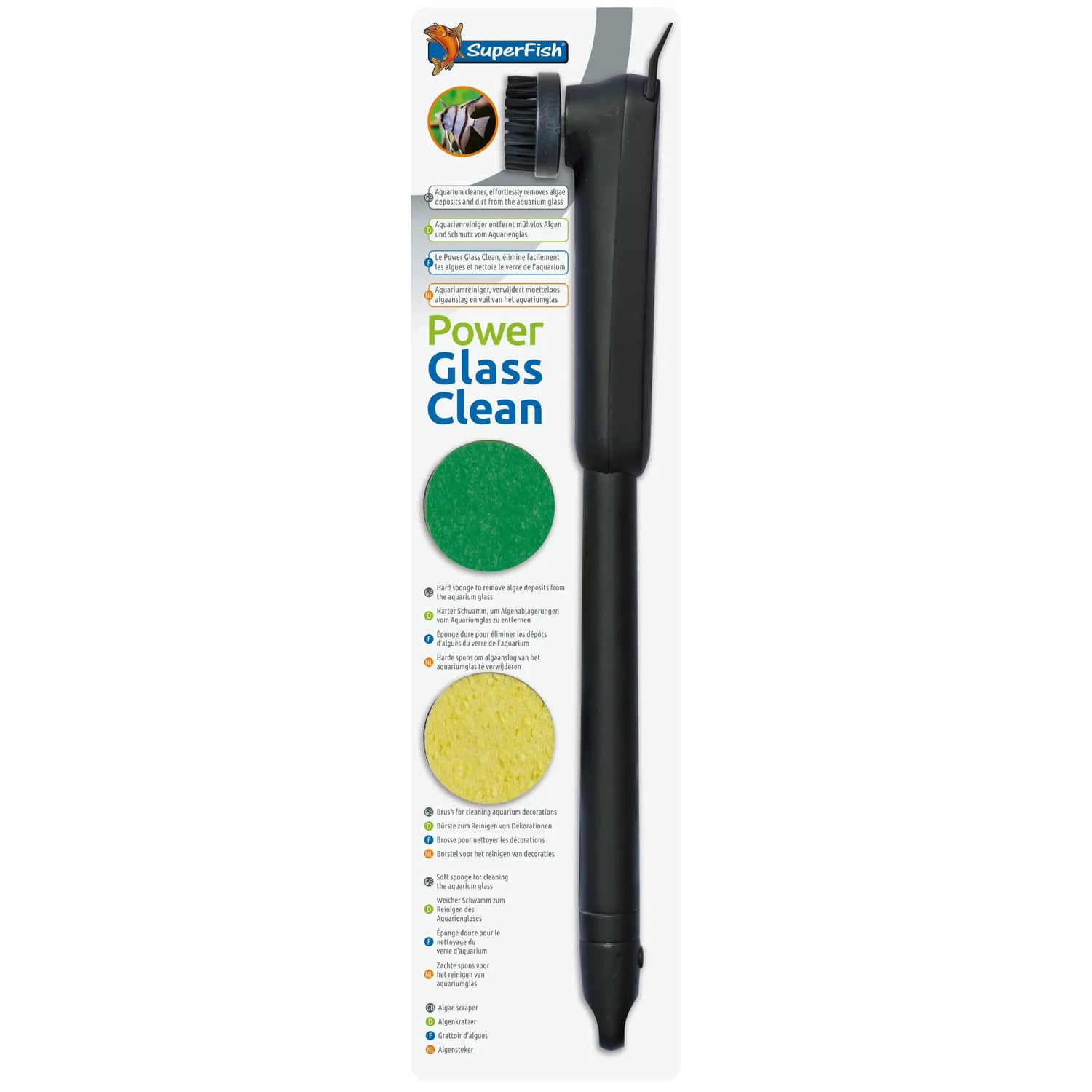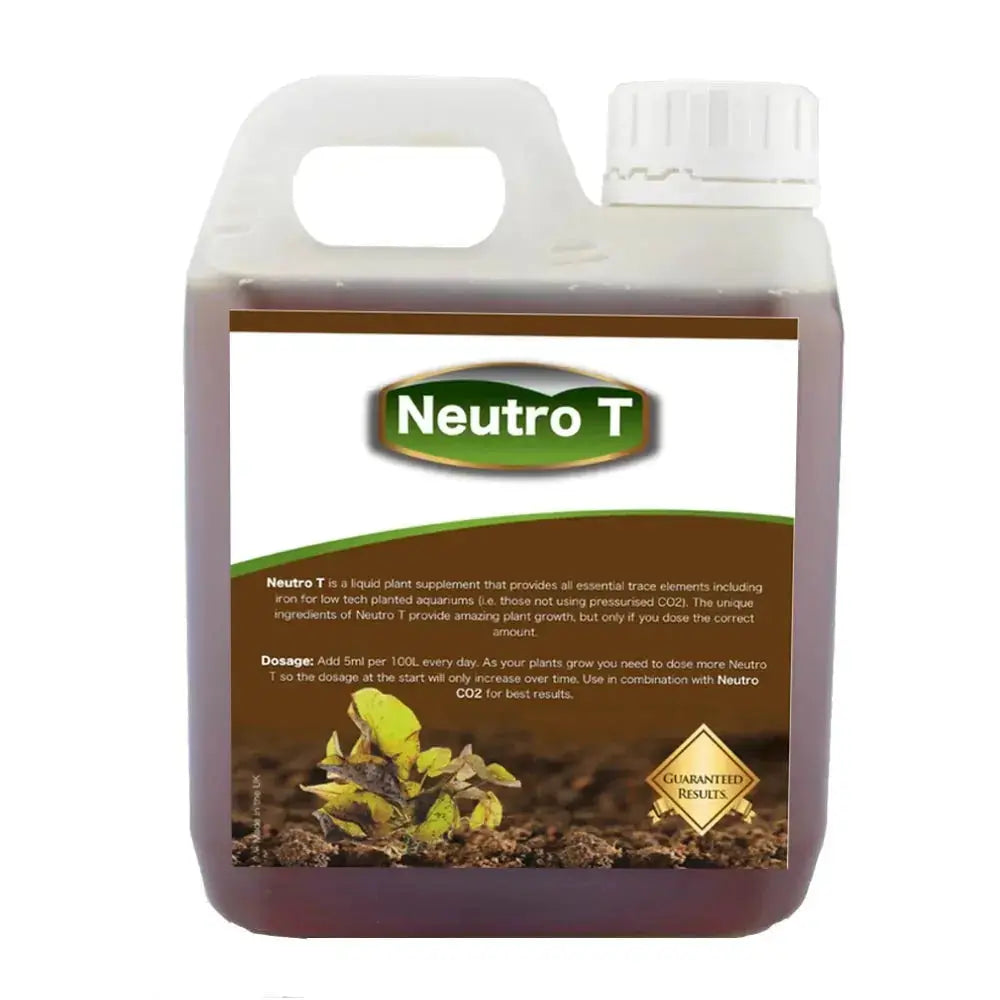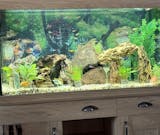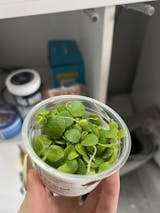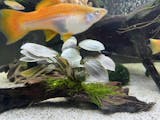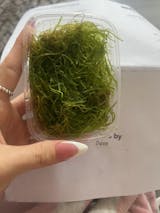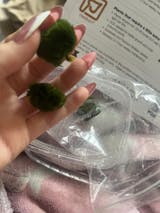Some aquarium plants can do well without soil, but it is recommended to use aquarium soil for better growth and health of the plants. Aquarium soil, also known as substrate, serves as a nutrient-rich bed for the plants to anchor their roots and absorb nutrients.
Aquarium soil is specifically designed to provide the necessary nutrients and minerals that aquatic plants require to grow healthy and strong. It is made up of a blend of organic and inorganic materials that help create an environment similar to that of a natural aquatic habitat. This helps to create a more stable environment for the plants, which in turn can help to prevent algae growth.
Aquarium soil also provides a surface for beneficial bacteria to grow. These bacteria help to break down waste products in the water and convert them into nutrients that the plants can use. This not only helps to keep the water clean but also ensures that the plants receive a steady supply of nutrients.
Another benefit of using aquarium soil is that it can help to stabilize the pH, GH and KH levels of the water. This is important because many aquatic plants require specific levels levels to grow properly - typically they like a pH of less than 7 and a GH and KH of about 4. Using aquarium soil can will help to maintain these levels, which can benefit both the plants and the fish in the aquarium.
In conclusion, while aquarium plants can survive without soil, using aquarium soil is highly recommended for optimal growth and health.

Aquarium soil provides essential nutrients and minerals, helps to stabilize the pH GH and KH levels of the water, and provides a surface for beneficial bacteria to grow. Therefore, if you want to create a healthy and thriving aquatic environment, using aquarium soil is a must.



